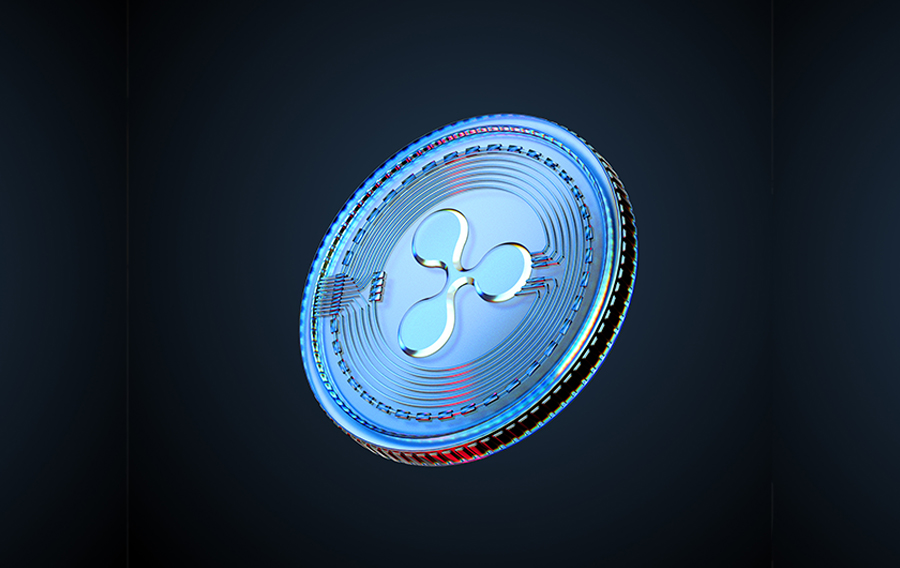In the digital age, social media platforms have revolutionized the way we connect, share, and consume content. Alongside this transformation, a new phenomenon has emerged: social media influencer culture. Social media influencers have gained widespread popularity, with their ability to shape opinions, promote products, and cultivate online communities. In this blog post, we will delve into the intricacies of social media influencer culture, exploring its impact on society, the importance of authenticity, and the remarkable power these digital influencers hold.
The Emergence of Influencer Culture
Social media influencer culture has rapidly evolved from a niche phenomenon to a multi-billion-dollar industry. Influencers, with their engaging content and large followings, have become powerful brand ambassadors and trendsetters. We will explore how the democratization of content creation and the rise of platforms like Instagram, YouTube, and TikTok have played a significant role in shaping influencer culture.
The Impact of Social Media Influencers
Social media influencers hold considerable sway over their followers, often shaping their opinions, purchasing decisions, and even lifestyle choices. We will discuss how influencers have disrupted traditional marketing strategies, the role they play in promoting brands, and their impact on consumer behavior. Additionally, we will explore the positive and negative aspects of influencer culture, including issues such as authenticity, transparency, and the potential for misinformation.
Authenticity in Influencer Culture
Authenticity is a crucial aspect of social media influencer culture. Followers crave genuine connections with influencers, seeking relatable and trustworthy content. We will examine the importance of influencers being authentic, sharing their true selves, and maintaining transparency with their audience. We will also discuss the challenges influencers face in balancing their personal and professional lives and the impact of authenticity on building long-term relationships with followers.
The Business of Influence
As influencer culture has grown, so too has the monetization potential for influencers. We will explore the various revenue streams available to influencers, including brand collaborations, sponsored content, affiliate marketing, and merchandise sales. We will discuss the challenges influencers face in maintaining a sustainable business model and the importance of maintaining integrity and credibility in the face of commercial opportunities.
The Influencer-Brand Relationship
Collaborations between influencers and brands have become commonplace, offering mutual benefits for both parties. We will delve into the dynamics of the influencer-brand relationship, examining how influencers can effectively align with brands that align with their values and resonate with their audience. We will also discuss the rise of micro-influencers and the potential for more authentic and targeted partnerships.
Influencer Culture and Social Responsibility
Influencers have a significant reach and impact on society, which comes with a responsibility to use their platforms for positive change. We will explore how influencers are leveraging their influence to raise awareness about social issues, promote inclusivity, and advocate for meaningful causes. Additionally, we will discuss the importance of responsible content creation, including ethical practices, mental health considerations, and fostering a safe online environment.
The Future of Influencer Culture
As social media continues to evolve, so too will influencer culture. We will speculate on the future trends and challenges influencers may face, such as the increasing importance of niche markets, the role of emerging platforms, and the potential for regulatory changes. We will also discuss the evolving preferences of consumers and how influencers may need to adapt to maintain relevance and authenticity.








